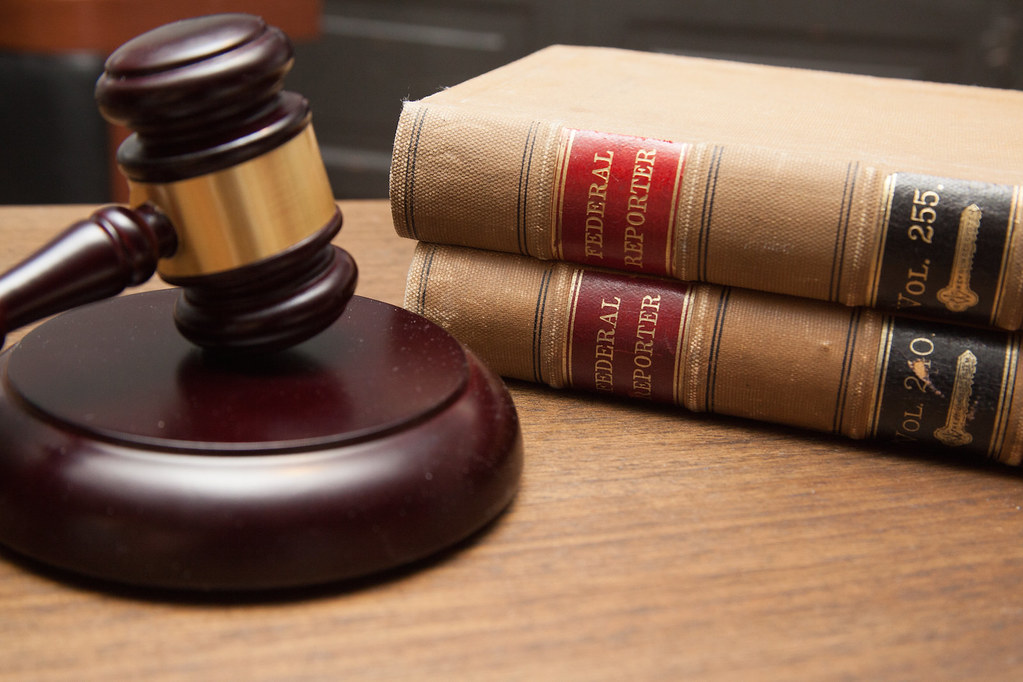The 20th century was a critical time for Civil Rights in the United States, with tremendous strides made in political, social, and cultural life. And while we often focus our attention on the advancements themselves, it is also critical to remember the individuals responsible for taking the actions necessary to bring these advancements to life. Here in Trenton, we are fortunate to be home to a number of revolutionary figures who have inspired our community and made their mark on the world at large. Today, let’s take a dive into the Trentonians behind the Hedgepeth-Wiliams case, and how the bravery of these members of our community led to a more equal educational system for all Americans.
The Hedgepeth-Williams case was a landmark New Jersey Supreme Court case which would ultimately set the precedent for educational equality throughout the United States. Hedgepeth and Williams vs. the Trenton Board of Education was decided in 1944, concluding that it was unlawful for schools to segregate or otherwise refuse entry to a student on the basis of race. While this case was no doubt consequential for students here in the Garden State, this case would also set the precedent for the advancement of Civil Rights all throughout the United States.
The plaintiffs in the Hedgepeth-Williams case were two young Trentonians, Janet Hedgepeth and Leon Williams, who were only 12 years old at the time of trial. They were represented by their mothers, Gladys Hedgepeth and Berline Williams. These families, who were living in Trenton’s Wilbur section at the time, were students within the Trenton Public Schools system. After graduating the 6th grade, Janet and Leon were scheduled to attend the New Lincoln School, which was 2.5 miles away from their place of residence. However, Junior High No. 2, whose student body was primarily white, was located just three blocks away from the Hedgepeth and Williams residences. Understandably dissatisfied by these barriers to education, Ms. Hedgepeth and Ms. Williams sought out legal counsel in an attempt to bring these egregious injustice to an end.
After deciding they wanted to take this case to the courts, Ms. Hedgepeth and Ms. Williams enlisted the assistance of attorney Robert Queen, who was a practicing lawyer and prominent member of the Trenton NAACP. Berline Williams was the first to bring forth charges, and after some encouragement from her and other members of the Trenton NAACP, Janet Hedgepeth began pursuing her own case as well. These individual cases were taken to the Trenton District Court, where the cases would ultimately be dismissed. Dismayed by this dismissal, Robert Queen immediately appealed this case to the New Jersey Supreme Court, which shortly thereafter agreed to hear the case.
Once the case reached the NJ Supreme Court, momentum began to grow. The argument Robert Queen presented to the courts was that refusing to admit these children to their local school was in violation of the New Jersey Constitution, which asserts that it is illegal to segregate students on the basis of race. These arguments challenged the previous accepted “separate but equal” clauses and helped to dismantle the notion that segregation was “in the best interest” of the students of the day. Upon hearing the case, the New Jersey Supreme Court unanimously ruled that these segregation policies were in violation of the NJ Constitution, and as a result, Leon and Janet were finally admitted to Junior High No. 2.
In the court ruling, Justice Porter noted “The sole question presented is the legal right of the respondent to refuse these children admission in the school nearest their residences. The only reason the admission sought is denied them is because of their race. We think it clear that the children were unlawfully discriminated against. It is unlawful for Boards of Education to exclude children from any public school on the ground that they are of the negro race.” This case helped set the early precedents for the ending of school segregation across New Jersey. Consequentially, this case was also used as precedent a decade later when Brown vs. the Board of Education was presented to the United States Supreme Court.
The bravery set forth by these remarkable Trenton residents would ultimately go on to change the course of our nation, making acquiring an education a more equitable and accessible opportunity for all Americans. This Black History Month, may we take a moment to honor those who paved the way for the future of this community and communities all throughout the nation.






